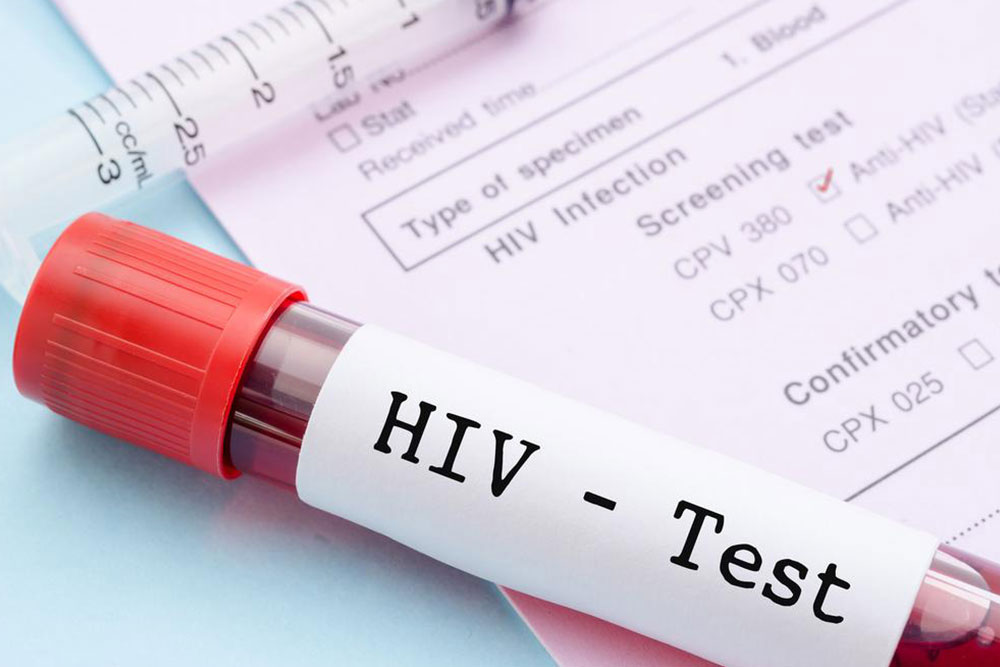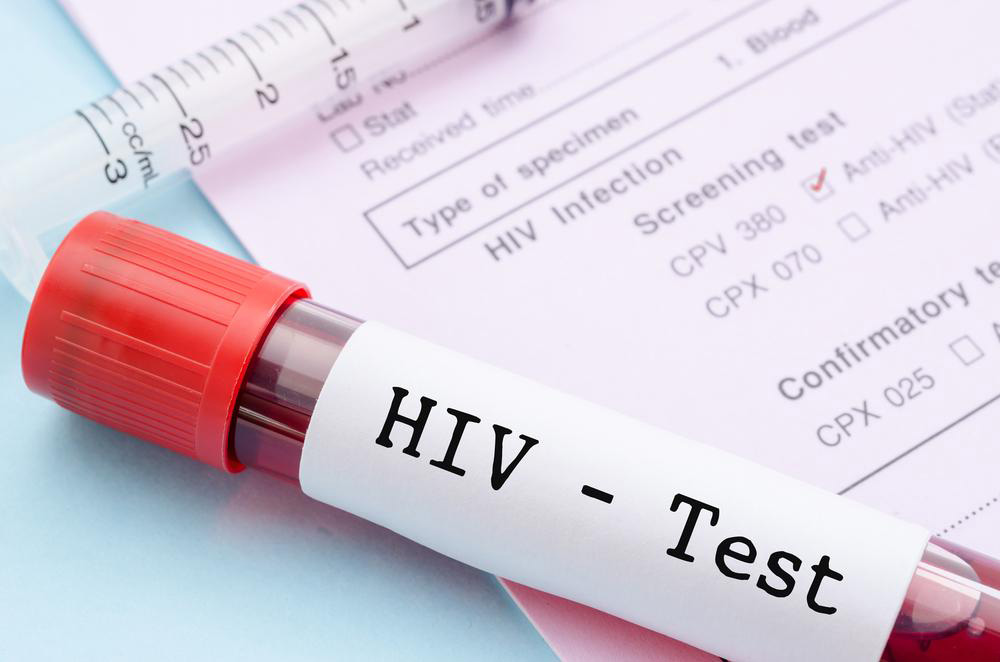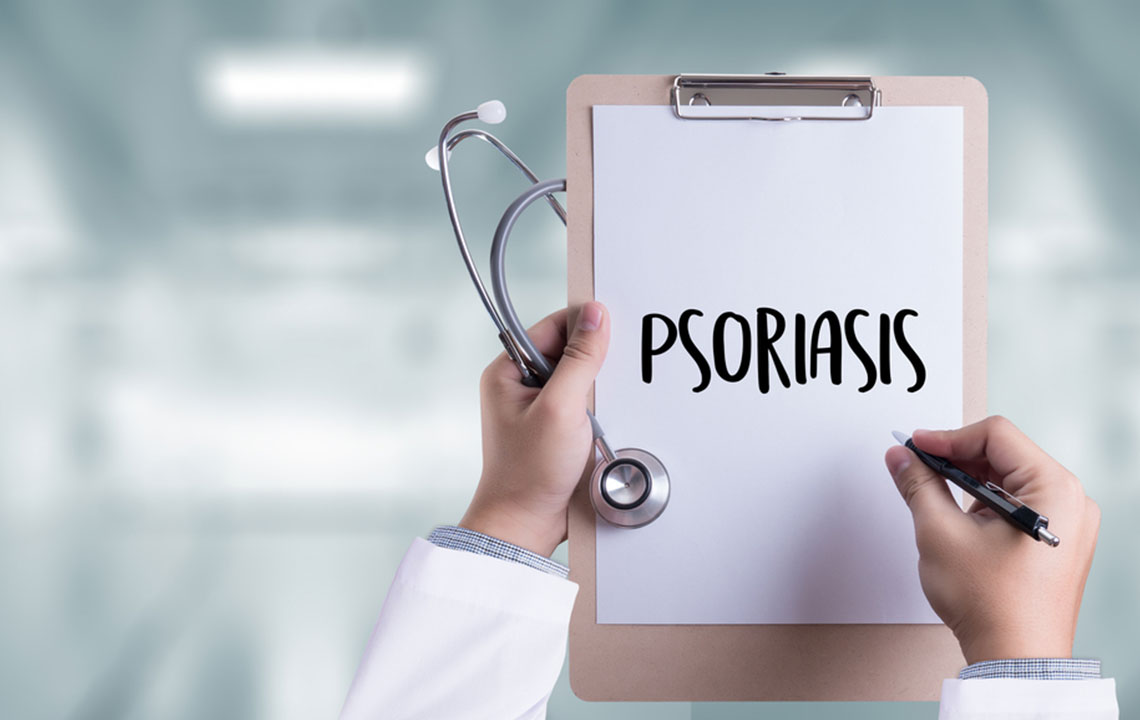Essential Insights into Early Signs of HIV Infection
Learn about the early signs of HIV infection, including flu-like symptoms such as fever, sore throat, and swollen lymph nodes. Early detection is vital for effective treatment and preventing disease progression. This article provides essential information on recognizing HIV symptoms, risk factors, and the importance of timely medical intervention.

Essential Insights into Early Signs of HIV Infection
Understanding what HIV is crucial before exploring its initial symptoms. HIV is a virus targeting the body's CD4 lymphocytes, which are vital for immune defense. When infected, HIV destroys these cells, weakening the immune system over time. Once the immune system is compromised, the risk of other infections increases, potentially leading to AIDS (Acquired Immunodeficiency Syndrome), which requires ongoing treatment for survival.
Detecting early HIV symptoms allows timely intervention, preventing progression to severe illness. Age does not limit risk; individuals aged 20-29 are particularly vulnerable. Initially, symptoms resemble the flu, including headache, sore throat, dry cough, night sweats, fever, nausea, muscle aches, diarrhea, and swollen lymph nodes. Recognizing these signs helps initiate prompt medical care.
HIV can affect anyone, regardless of background. Without early treatment, the virus weakens the immune defenses, leading to opportunistic infections. Night sweats, fever, and swollen lymph nodes are common early indicators, especially following high-risk activities. Being aware of these symptoms facilitates early diagnosis and treatment, improving health outcomes.










